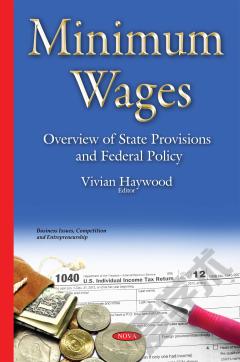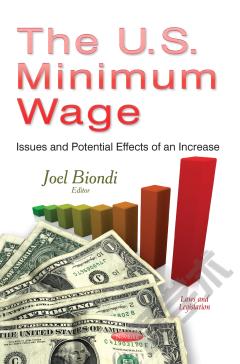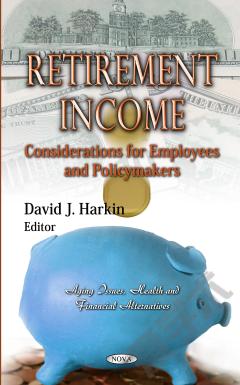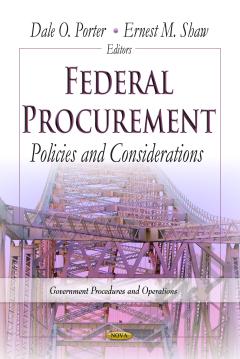Federal Minimum Wage and Earnings Supplements: Policy Impacts
The Fair Labor Standards Act (FLSA), enacted in 1938, is the federal legislation that establishes the general minimum wage that must be paid to all covered workers. In general, the FLSA mandates broad general minimum wage coverage. It also specifies certain categories of workers who are not covered by FLSA wage standards, such as workers with disabilities or certain youth workers. The act was enacted because its provisions were meant to both protect workers and stimulate the economy. The FLSA also created the Wage and Hour Division (WHD), within the Department of Labor (DOL), to administer and enforce the act. This book discusses, in brief, the federal minimum wage. It also discusses tax-transfer earnings supplements; poverty; characteristics of minimum wage workers; and the impact of refundable tax credits on poverty rates.
{{comment.content}}








 京公网安备 11010802027623号
京公网安备 11010802027623号